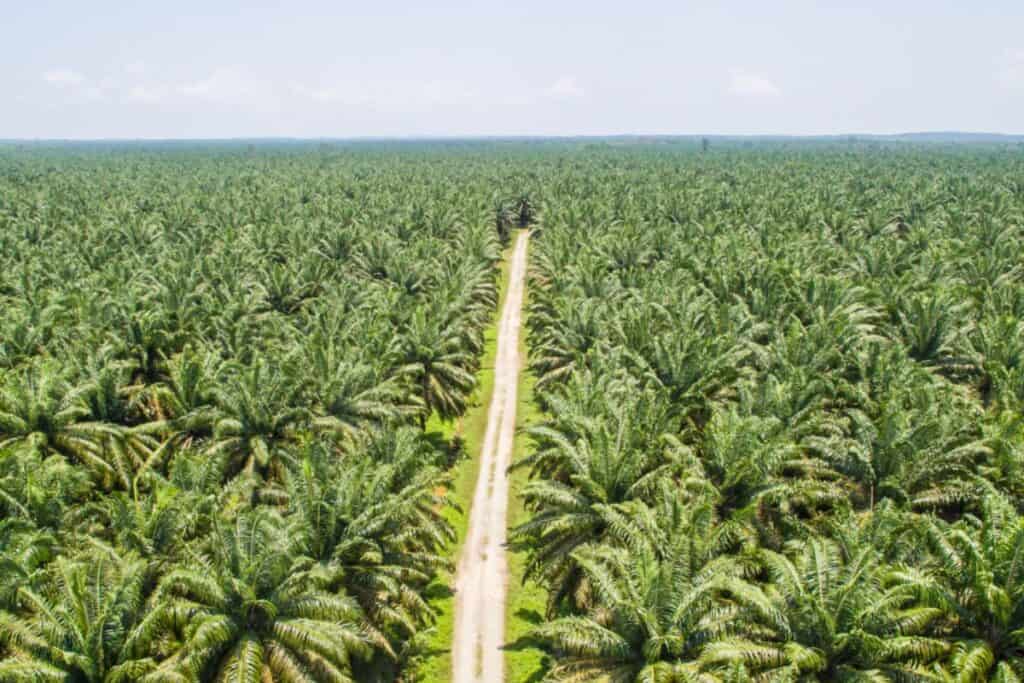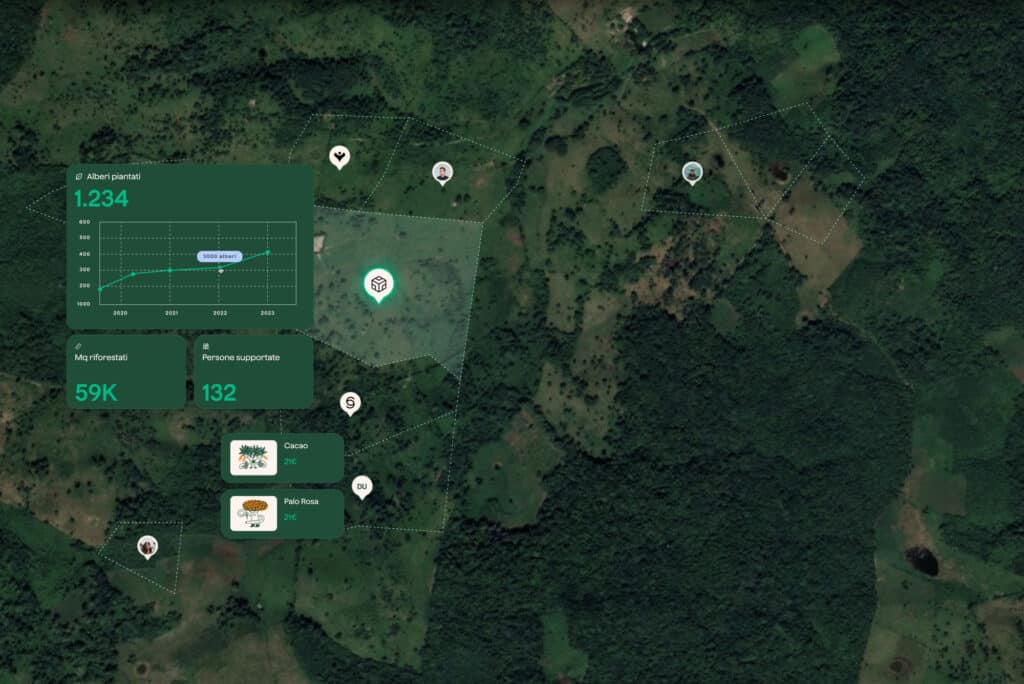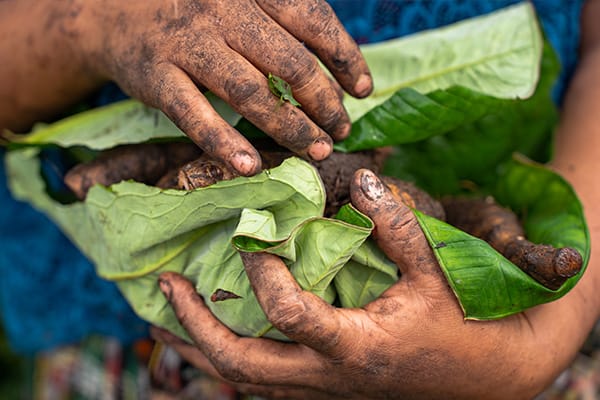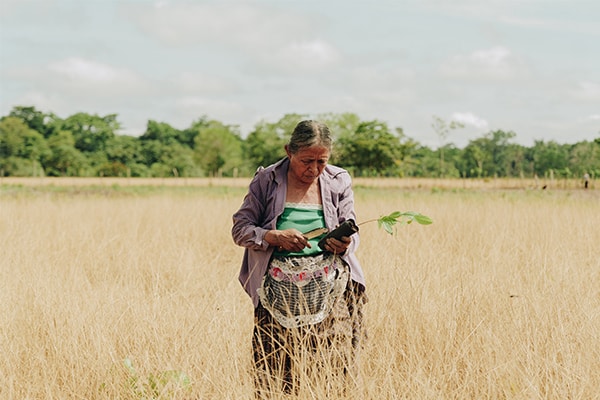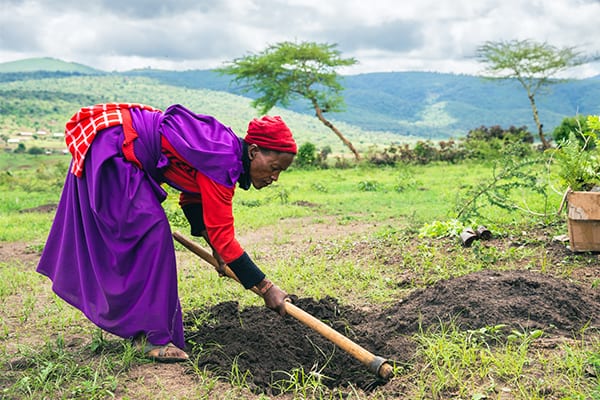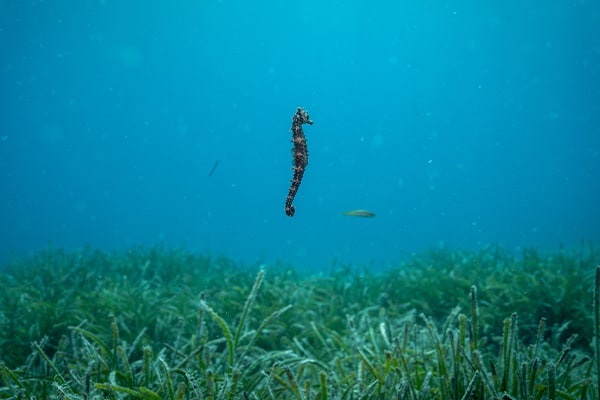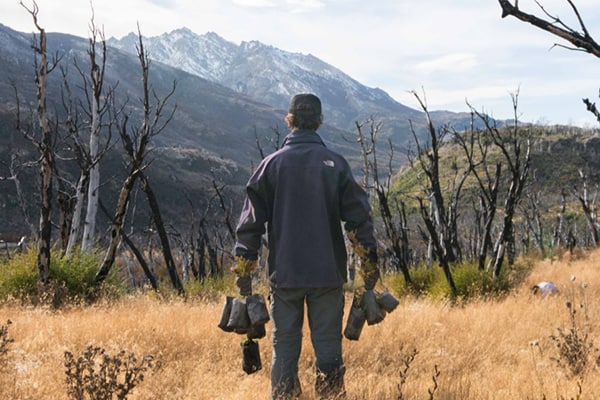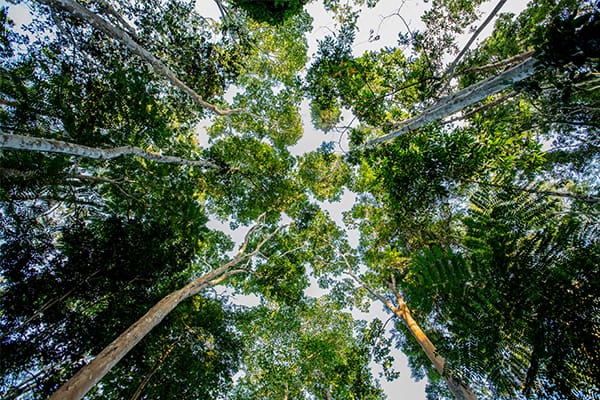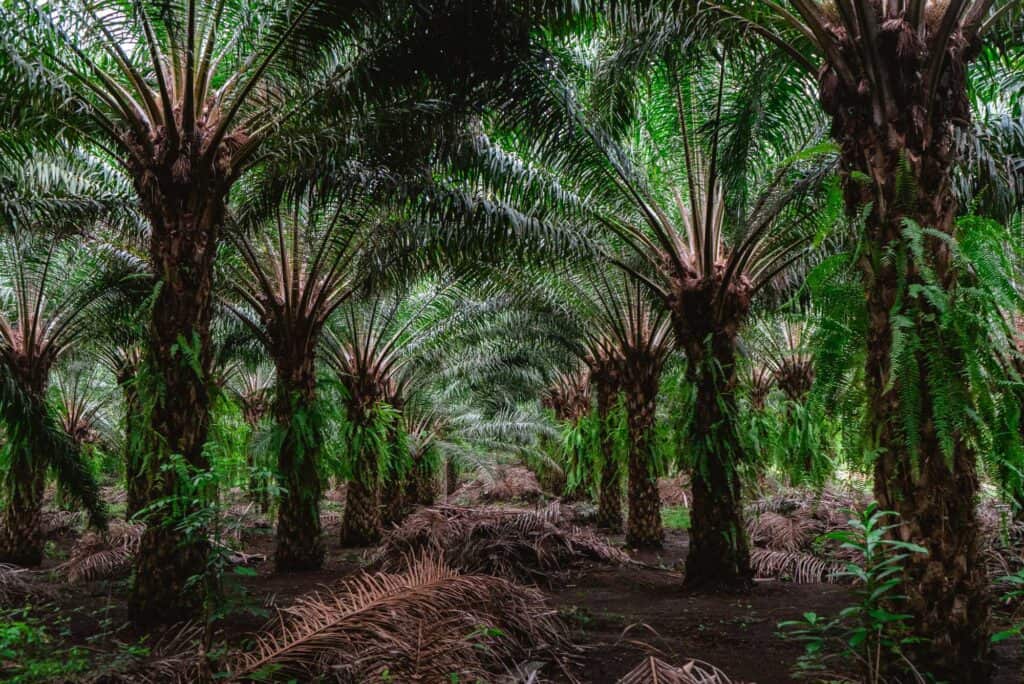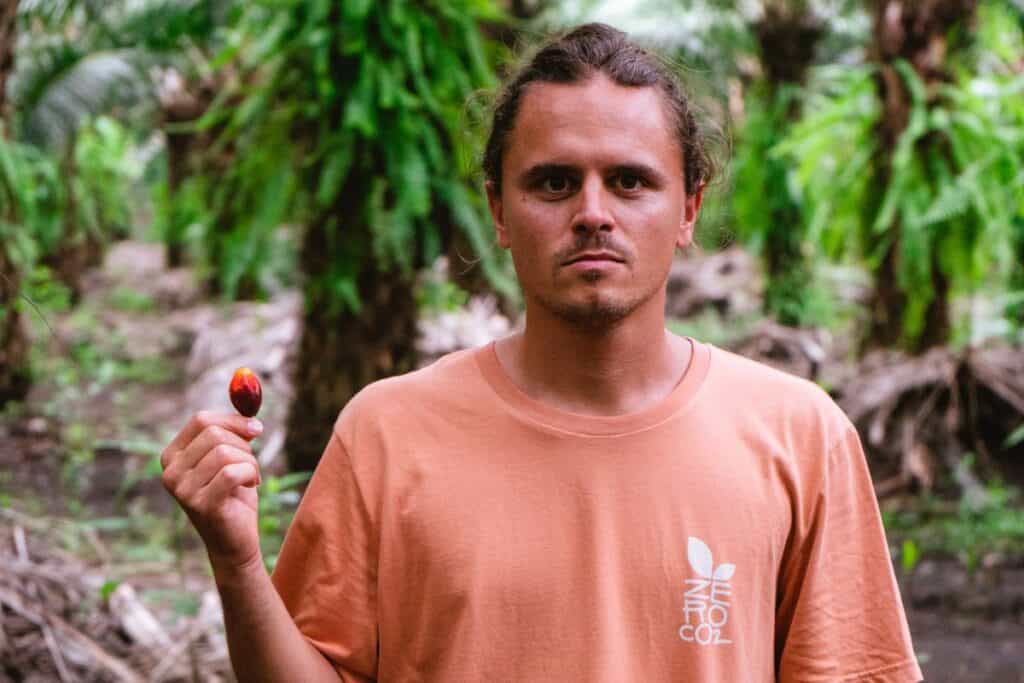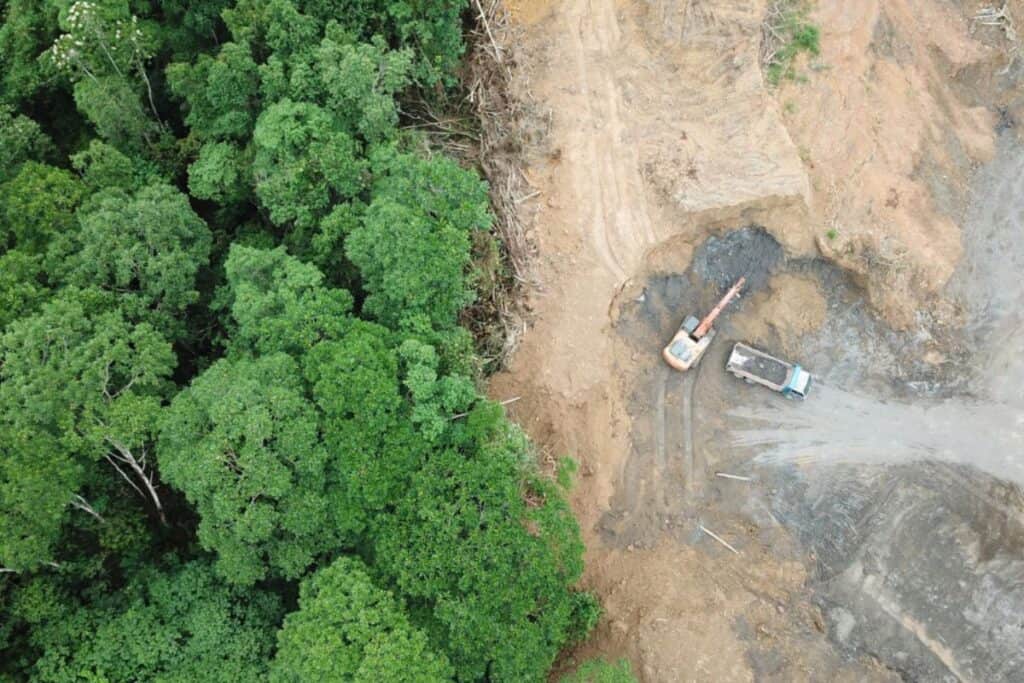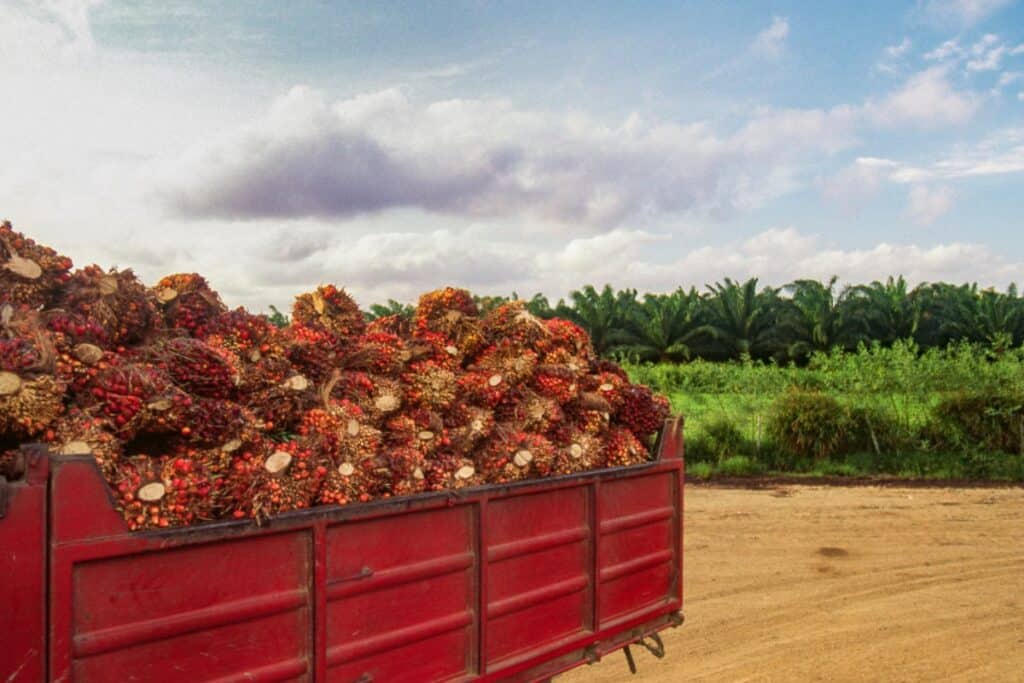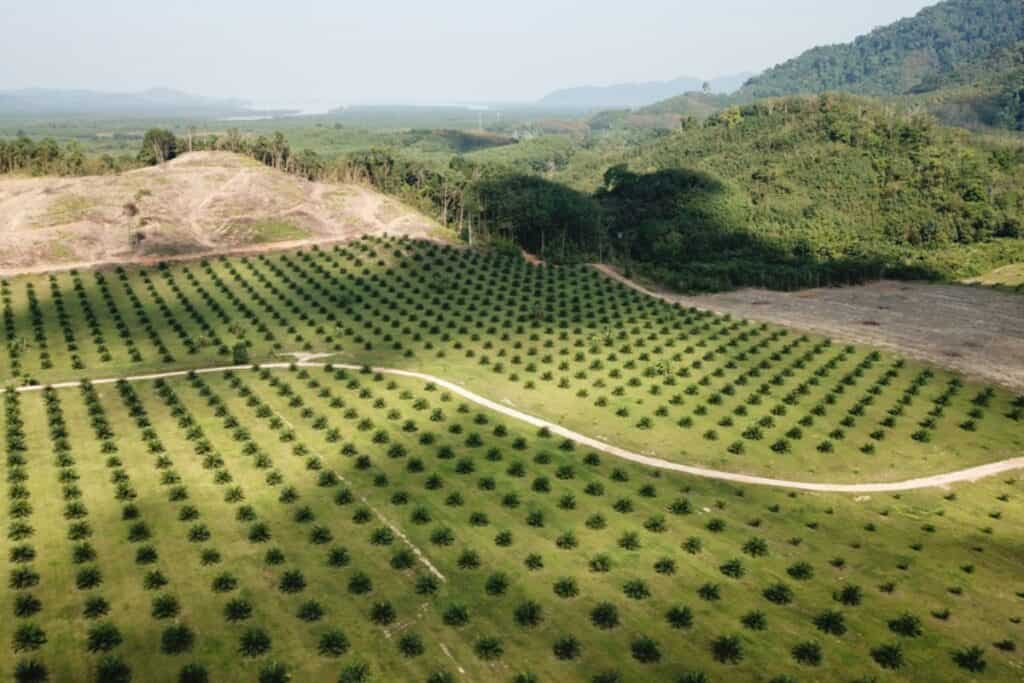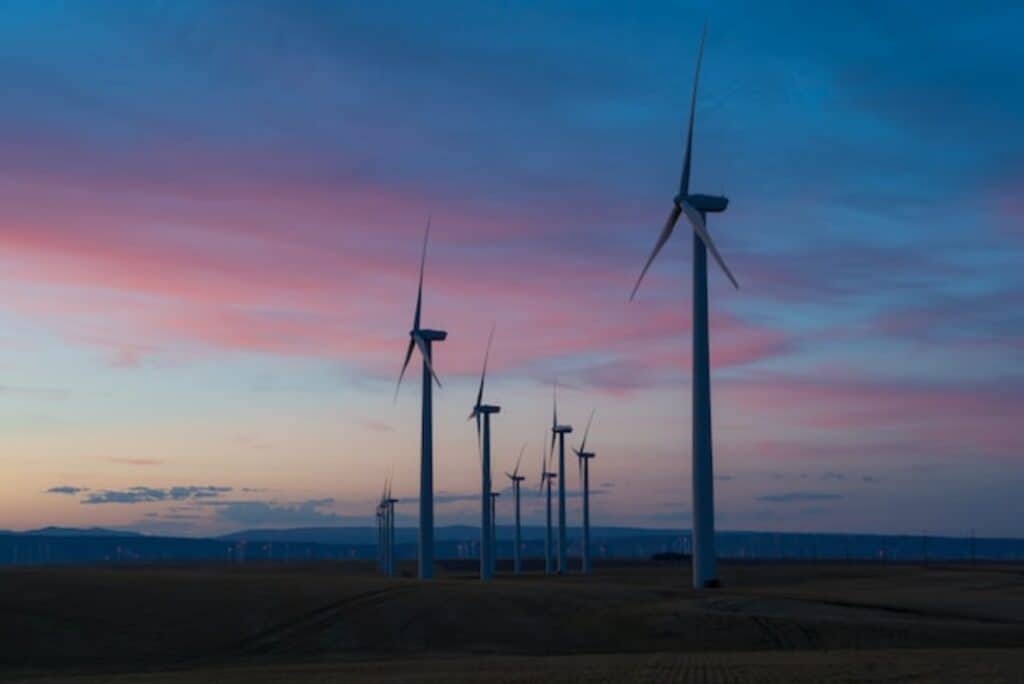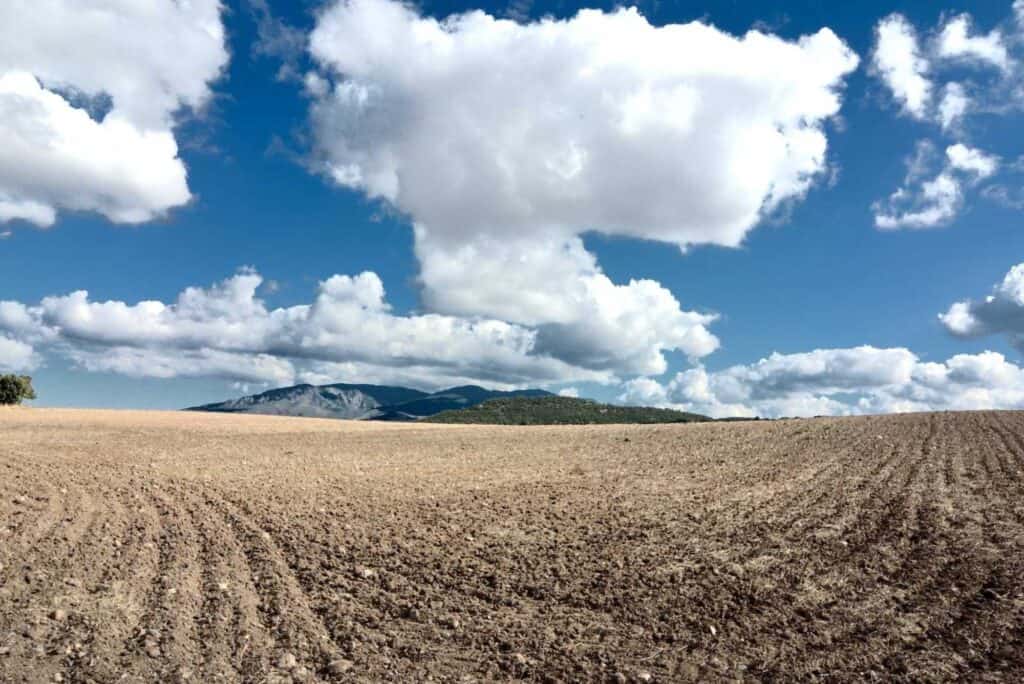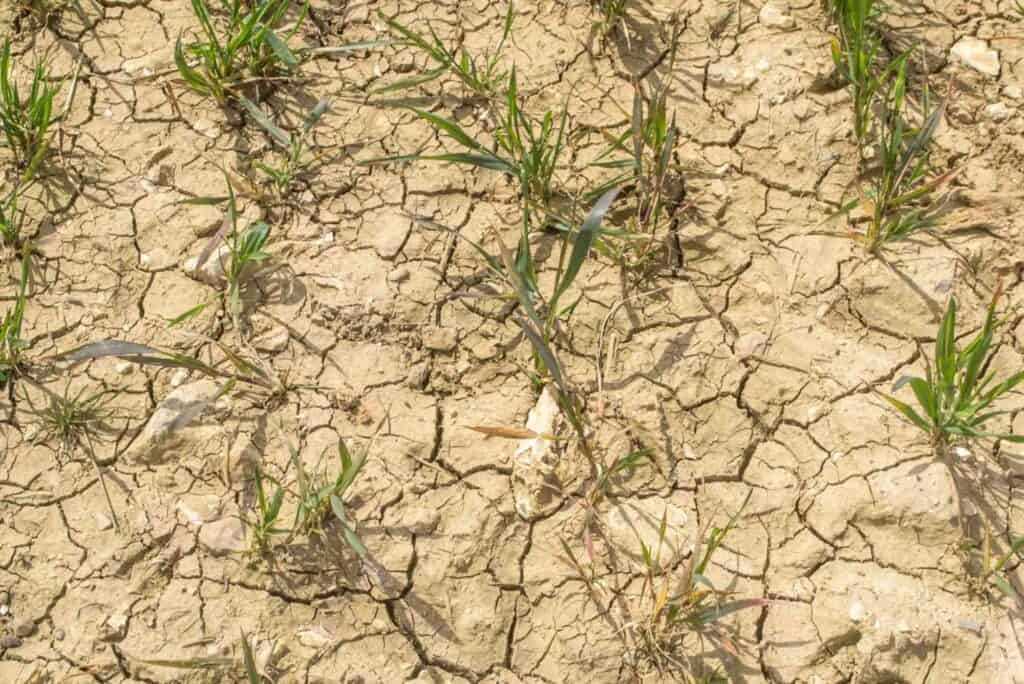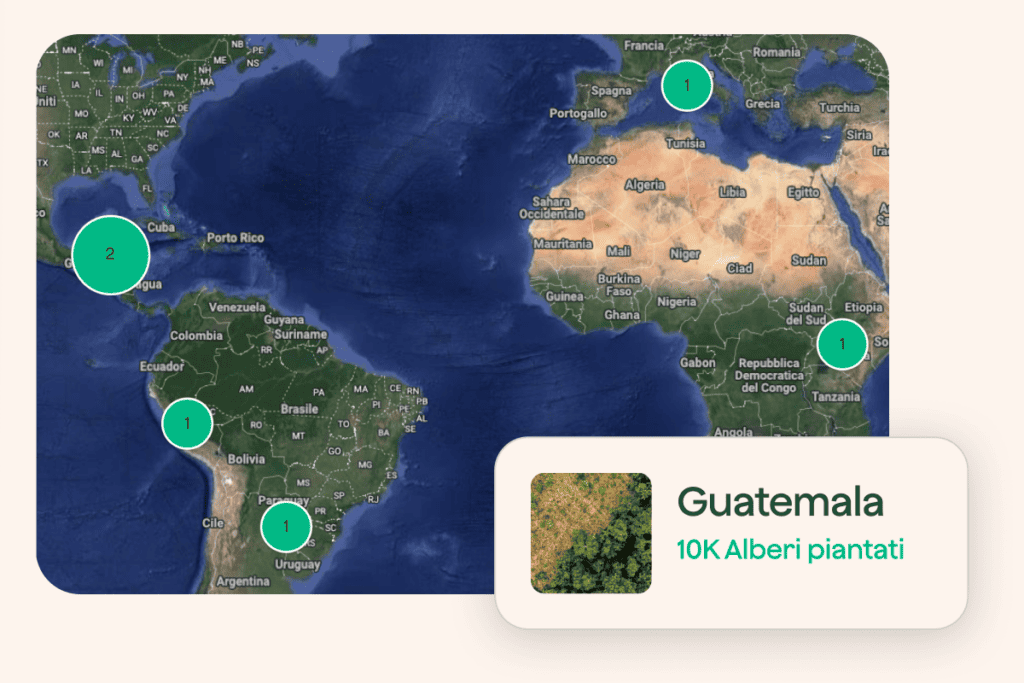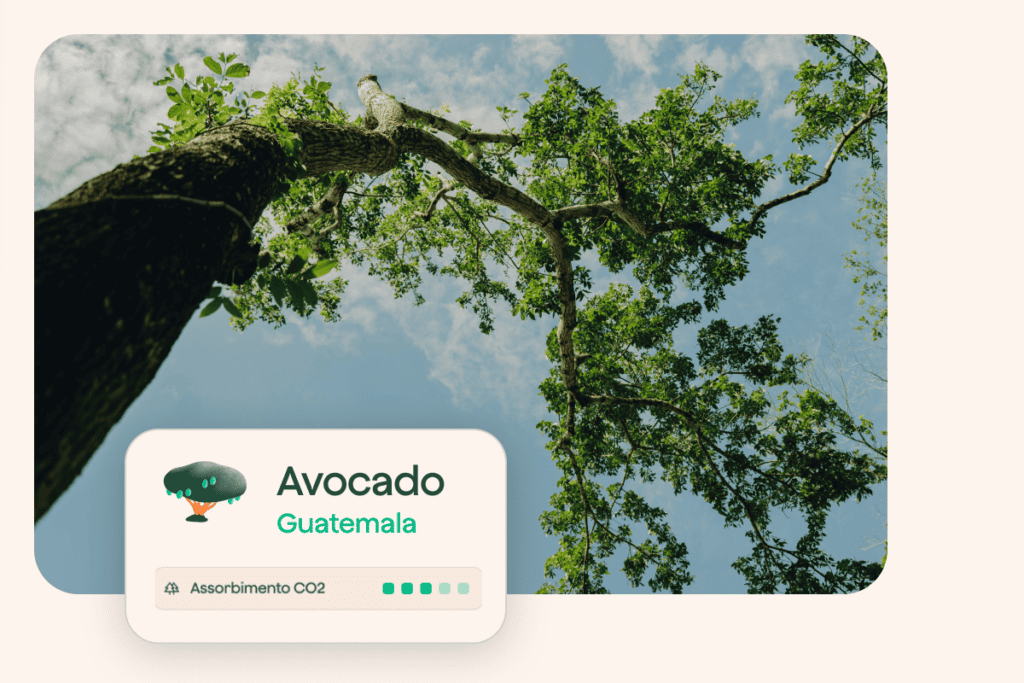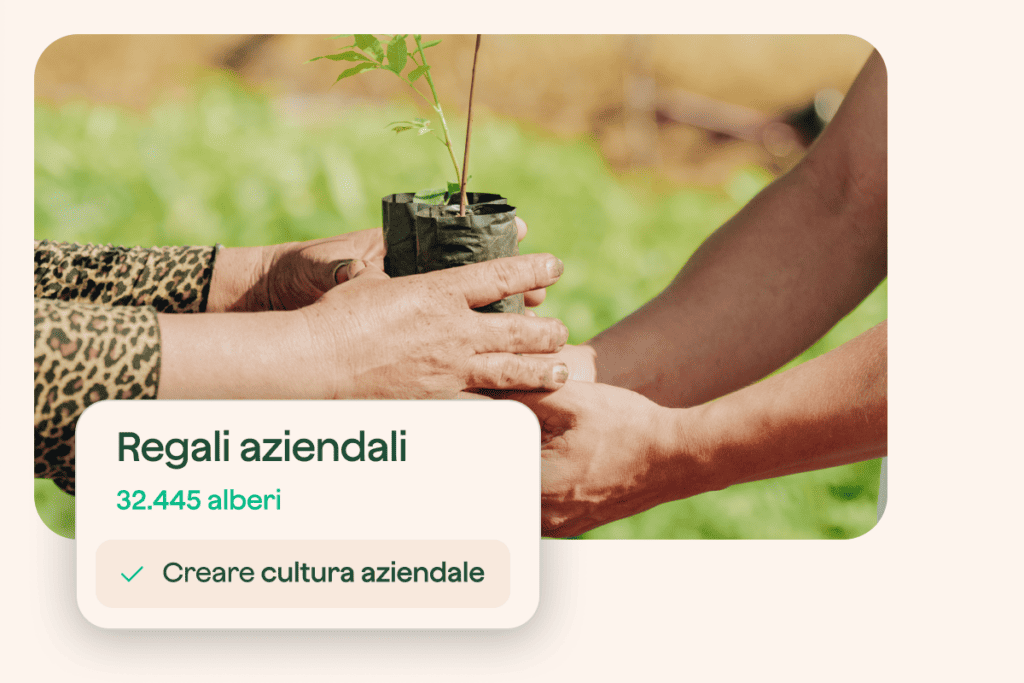How the war influences vegetable oil production
Ukraine is the world’s largest exporter of sunflower seeds and oil. Together, Ukraine and Russia account for 80% of sunflower oil export worldwide, used in the oleochemical sector and, most importantly, in the food industry. With the current war hitting Ukrainian lands and people, shortages in supplies and export of cooking and industrial sunflower oil by leading producing countries made the prices skyrocketing in importing countries.
The European Union banned palm oil in 2018 and shifted to sunflower oil locally produced, considered a more sustainable biofuel alternative and healthier cooking product. However, food multinationals and local producers currently face a challenging choice: maintaining sustainable practices along their value chain or reincluding palm oil in their recipes of almost all packaged food and beauty products, from packed cookies and fries to toothpaste.
